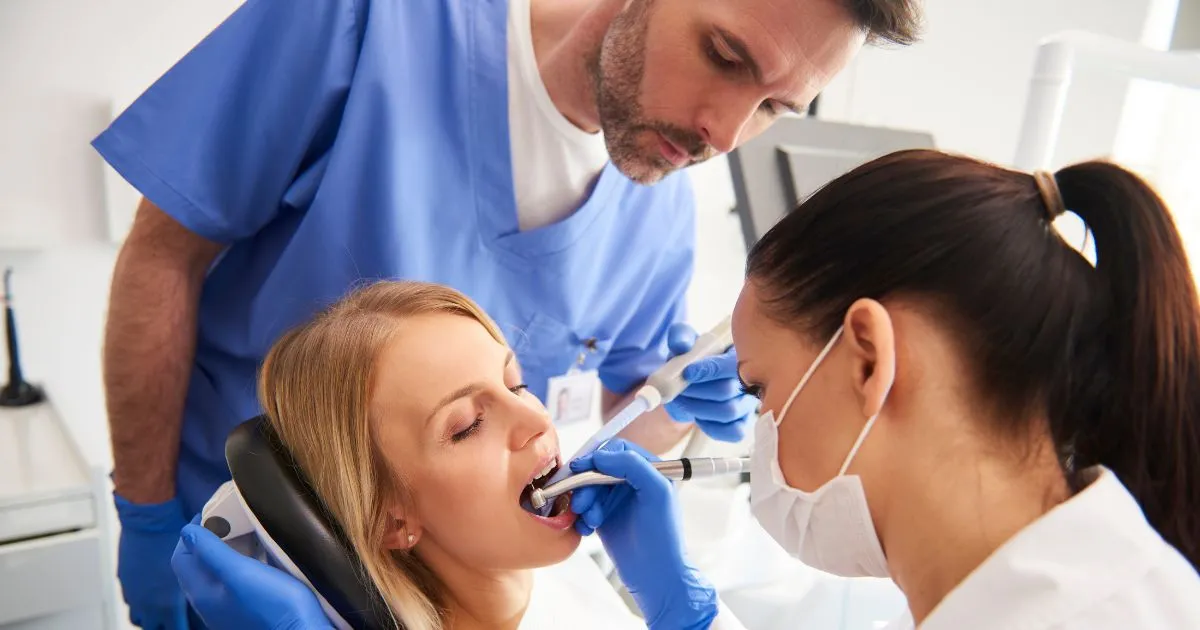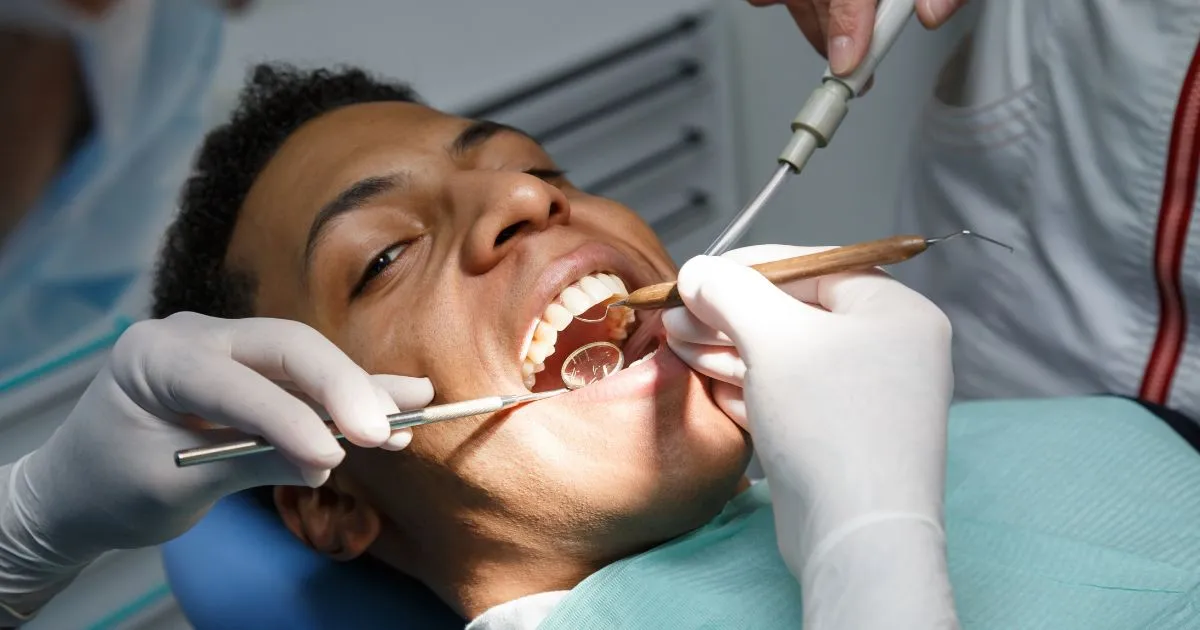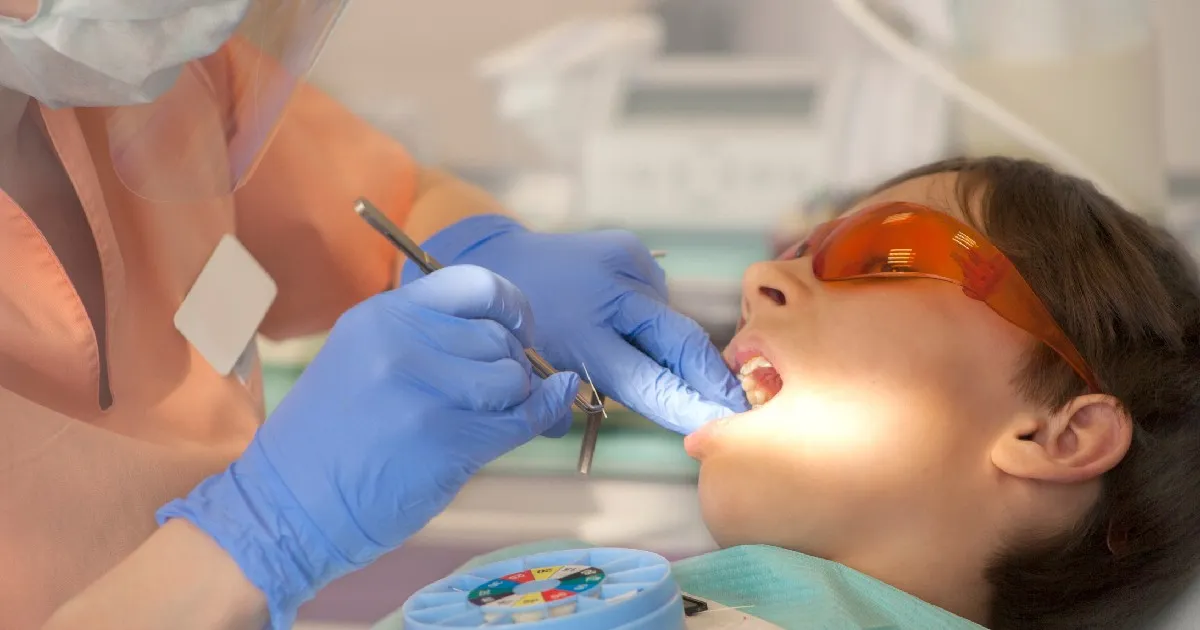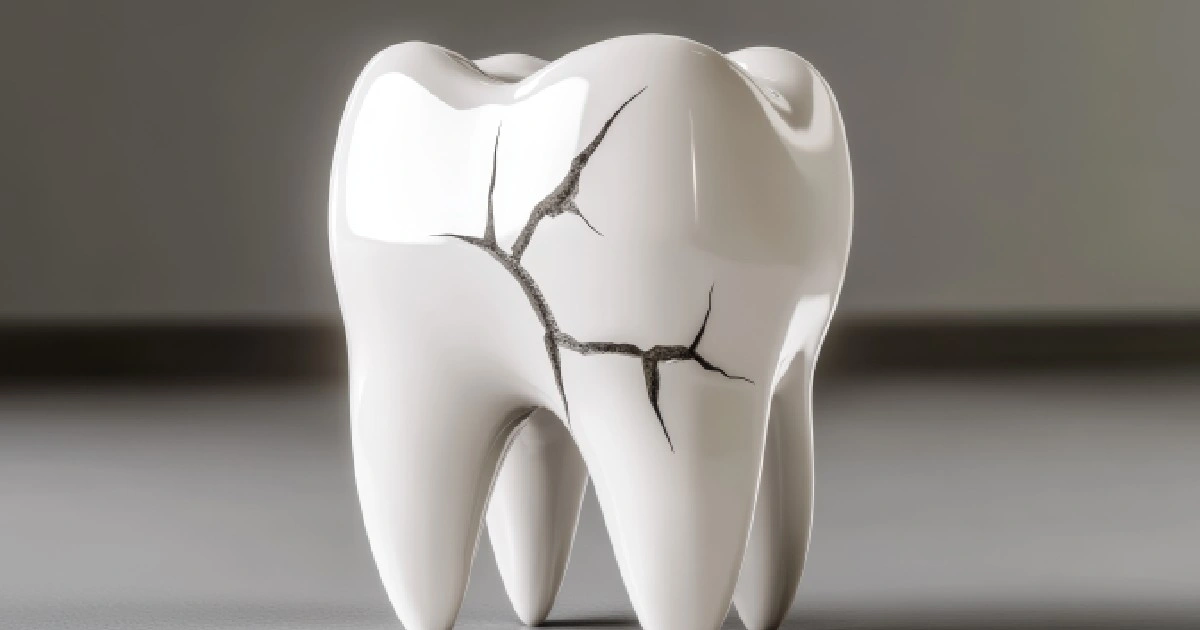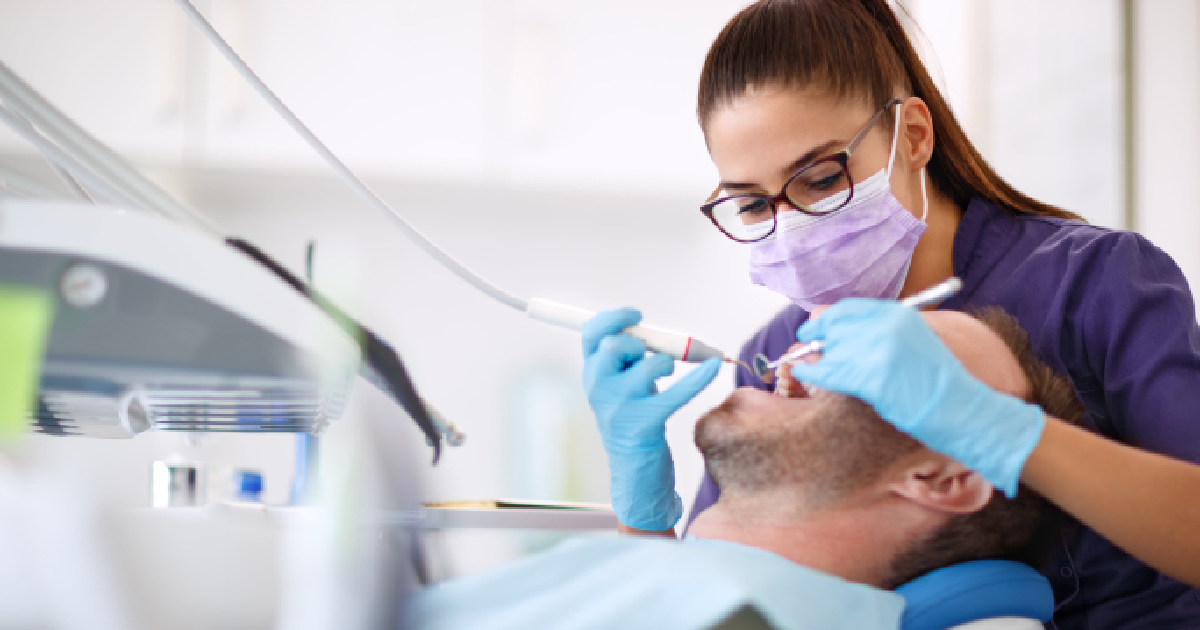Table of Contents
In dental health, numerous issues can arise, often when we least expect them. One of the common yet tricky problems that many people face is a cracked tooth. A cracked tooth can be painful, frustrating, and sometimes difficult to detect. This comprehensive guide will explore the symptoms, diagnosis, and treatment options for cracked teeth, giving you the knowledge you need to maintain your dental health.
Understanding the Anatomy of a Tooth
Before delving into the complexities of cracked teeth, it’s essential to understand the basic anatomy of a tooth. A tooth has several layers, each with its unique characteristics:
- Enamel: This is the hard, outermost layer of a tooth. You see the white part of your tooth when you smile. Enamel is incredibly strong and acts as a protective shield for the tooth’s inner layers.
- Dentin: Beneath the enamel lies dentin, a softer, yellowish layer. Dentin is easier than enamel but still supports the tooth.
- Pulp: The innermost layer of a tooth is the pulp, which contains blood vessels and nerves. It’s a vital part of the tooth as it nourishes and maintains health.
Cracked Tooth: What Causes It?
A cracked tooth can occur for various reasons; sometimes, pinpointing the exact cause can be challenging. However, some common factors contribute to the development of cracked teeth:
- Chewing Hard Objects: Biting down on hard substances like ice, popcorn kernels, or hard candies can cause stress on your teeth and potentially lead to cracks.
- Grinding and Clenching: People who grind or clench their teeth, especially at night (a condition known as bruxism), are more susceptible to developing cracked teeth due to excessive pressure.
- Trauma: Accidents or injuries to the face can result in cracked teeth. Sports-related injuries, falls, or car accidents can all lead to tooth fractures.
- Age: Our teeth become more susceptible to cracking due to years of wear and tear. This is especially true for teeth that have existing fillings or dental work.
- Temperature Changes: Rapid temperature changes, such as eating something very hot and then immediately consuming something cold, can cause teeth to expand and contract, leading to cracks.
Recognizing the Symptoms of a Cracked Tooth
- Pain when Chewing: One of the primary indications of a cracked tooth is sharp pain when biting down on food, especially when releasing the pressure.
- Sensitivity to Temperature: When a tooth is cracked, you may experience heightened sensitivity to hot or cold substances. This sensitivity can be sudden and intense.
- Intermittent Discomfort: Cracked teeth often cause intermittent pain. You might not experience constant discomfort but notice pain when eating or drinking specific items or during certain activities.
- Swollen Gums: The gums around the cracked tooth may become swollen or develop a pimple-like bump (dental abscess).
- Visible Crack or Fracture: Though this is not usually the case, you could occasionally notice a noticeable crack or fracture in the tooth.
- Change in Tooth Color: The cracked tooth may change color, typically appearing darker than the surrounding teeth due to internal damage.
Diagnosing a Cracked Tooth
Diagnosing a cracked tooth often requires a combination of methods and a dental professional’s expertise. Here’s how a dentist might identify and diagnose a cracked tooth:
- Visual Examination: The dentist will start with a visual examination, looking for visible cracks or changes in the tooth’s structure.
- X-rays: Dental X-rays are crucial for detecting cracks not visible to the naked eye. X-rays can show fractures extending into the tooth’s root.
- Transillumination: In some cases, dentists use a special light source to shine light through the tooth. This can help reveal fractures that are not visible in X-rays.
- Bite Test: A bite test involves applying pressure to the tooth to reproduce the pain. This can help pinpoint the location and severity of the crack.
- Dye Test: A dye or stain may be applied to the tooth to make the crack more visible.
- Endodontic Testing: If the crack extends into the tooth’s pulp, the dentist may perform tests to assess the health of the pulp and determine if a root canal is necessary.
Treatment Options for Cracked Teeth
- Dental Bonding: Dental bonding may be an appropriate solution when just the enamel is affected by tiny cracks. It entails coating the tooth with resin that matches its color and molding it to look like a natural tooth.
- Dental Crowns: A dental crown, often made of porcelain or metal, can cover and protect a cracked tooth. Crowns provide strength and restore the tooth’s appearance.
- Root Canal Therapy: When a break penetrates the pulp of the tooth, a root canal may be required. This calls for removing the compromised pulp, thoroughly cleaning, and crowning the tooth.
- Extraction: In cases where the crack is extensive and the tooth cannot be saved, extraction may be the only option. After extraction, replacement options like dental implants or bridges can be considered.
- Night Guards: If bruxism (teeth grinding) contributes to the problem, a night guard can be recommended to protect the teeth from further damage.
- Orthodontic Treatment: In some cases, orthodontic treatment may be necessary to address bite issues contributing to cracked teeth.
Preventing Cracked Teeth
- Avoid Hard Foods: Be mindful of what you eat and avoid biting down on hard substances.
- Wear a Mouthguard: If you grind your teeth, consider wearing a custom-fitted mouthguard at night to protect your teeth.
- Regular Dental Checkups: Schedule regular dental checkups to catch any dental issues, including cracked teeth, in their early stages.
- Proper Oral Hygiene: Maintain good oral hygiene practices, including brushing, flossing, and fluoride toothpaste.
- Limit Temperature Extremes: Be cautious when consuming hot or cold foods and beverages.
- Stress Reduction: If stress contributes to teeth grinding, consider stress-reduction techniques like meditation or counseling.
Conclusion
If you suspect you have a cracked tooth or are experiencing any associated symptoms, seeking prompt dental care is crucial. Ignoring a cracked tooth can lead to more significant problems and potentially result in tooth loss.
Are cracked teeth causing you pain and discomfort? Don’t let dental issues hold you back from flashing your best smile. At Endodontics Specialists by Solomon Dental, we help you regain your confidence and oral health. Don’t let cracked teeth keep you from enjoying life to the fullest. Endodontics Specialists by Solomon Dental is your partner in achieving optimal oral health and a dazzling smile. Our compassionate team is ready to guide you through the process every step of the way. Contact us today to schedule your consultation and take the first step towards a brighter, pain-free, and confident smile. Say goodbye to cracked teeth and hello to a radiant smile, you’ll be proud to share with the world!


